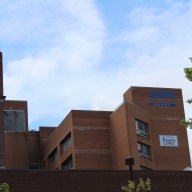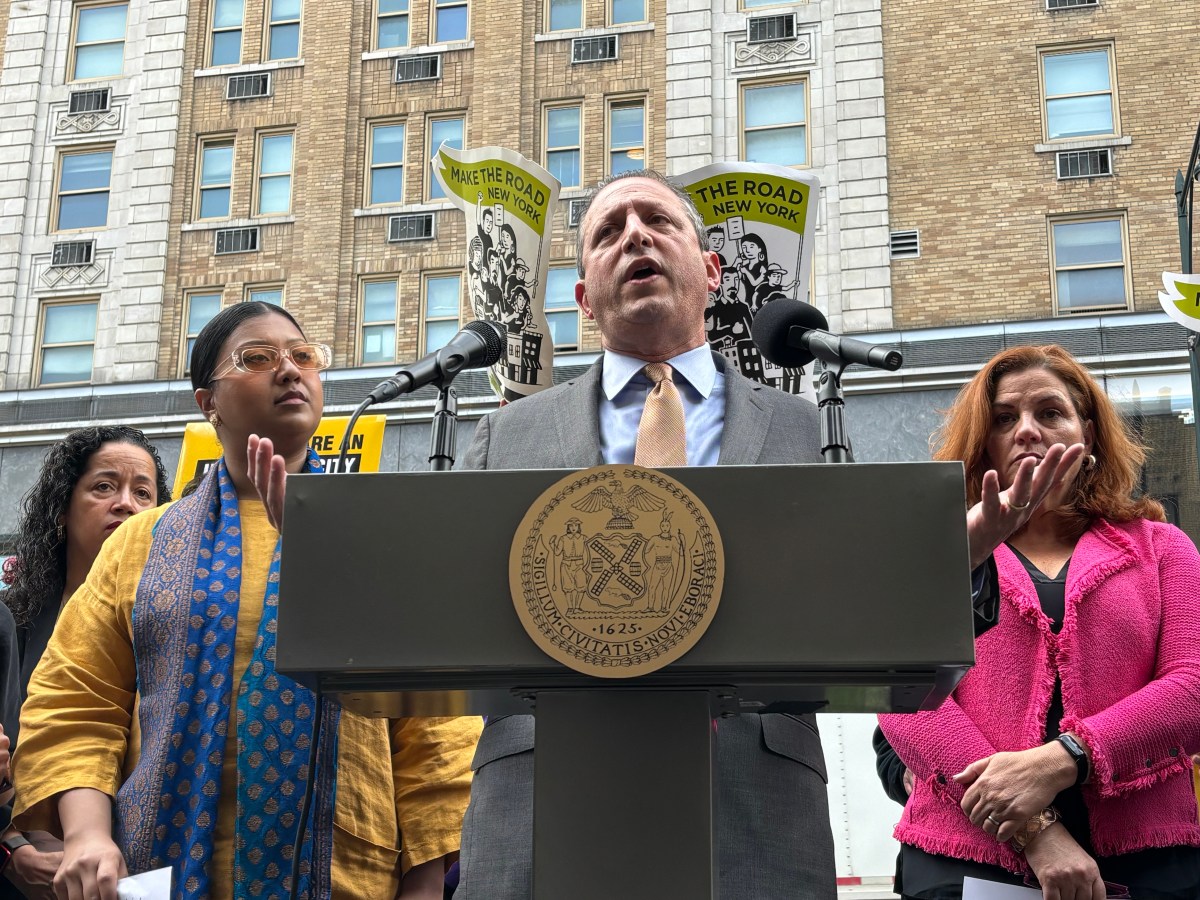November is Epilepsy Awareness Month and one Bronx mom is doing her best to advocate about the disease.
Tara Gibson, 38, of Soundview, created Seize the Cure, in honor of her son, Maliq Fenelon, who suffers from Refractory Epilepsy, which is a form of epilepsy that is not controlled by medications and is extremely difficult to treat in that there are usually no signs or triggers nor is there a particular pattern of occurrence.
His condition has made a significant impact on him cognitively, emotionally and physically. The seizures cause an array of temporary and permanent damage, not including the unmanageable side effects of seizure medications.
Due to his condition being life threatening, his chances for SUDEP (Sudden Unexpected Death of Someone with Epilepsy) are higher.
“It’s a scary feeling every time he has a seizure,” Gibson said. “It’s not something you ever get used to.”
Gibson, who is a singer and hosts a radio show, said ever since Maliq was diagnosed at age 7, their lives have been turned upside down. While she has epilepsy and so did her father Gene Gibson, their cases are nothing in comparison to her son’s.
In 2017, she launched Seize the Cure, in hopes of raising awareness about the disease. She has held five events and one workshop. People network, connect and often get quite emotional; as for many it is their first time speaking about their experience with epilepsy.
The next event is May 17, 2020, at the Bronx YMCA at 2 Castle Hill Avenue.
“It’s (the group’s) incredible for a number of reasons,” she remarked. “There’s always someone with a worse situation.”
As he has gotten older things have become more difficult. When he was a child he would space out and foam at the mouth, while as a teen, he gets seizures more, often along with memory loss.
According to Gibson, Maliq doesn’t know when he has a seizure coming, but she sees the warning signs. Usually two weeks prior, she observes his mood changes and memory loss.
The seizures last between two and a half to three and half minutes and Maliq doesn’t remember what took place.
To ward off injuries she uses paper plates, is planning to reverse the bathroom door swing so it pulls open and will be putting down rugs.
As he nears the completion of high school, things will not get easier, Gibson stated.
“Where does he get his first job and a job that will cater to his situation?” she asked. “He’s 17. He wants to be independent.”
Another component of epilepsy is depression. It can drain a person mentally and often take a toll.
Maliq told the Bronx Times he appreciates all of the sacrifice and hard work his mom has done on his behalf.
“As I’ve gotten older, it’s gotten worse,” he said. “She made Seize the Cure and it’s dedicated to me.”
He doesn’t let epilepsy define him.
“People should know if they have epilepsy, no matter how depressing, it’s not the end of the world,” Maliq said.
One in 26 Americans will develop epilepsy in their lifetime. An estimated 3.4 million Americans and 65 million people worldwide currently live with epilepsy.

















